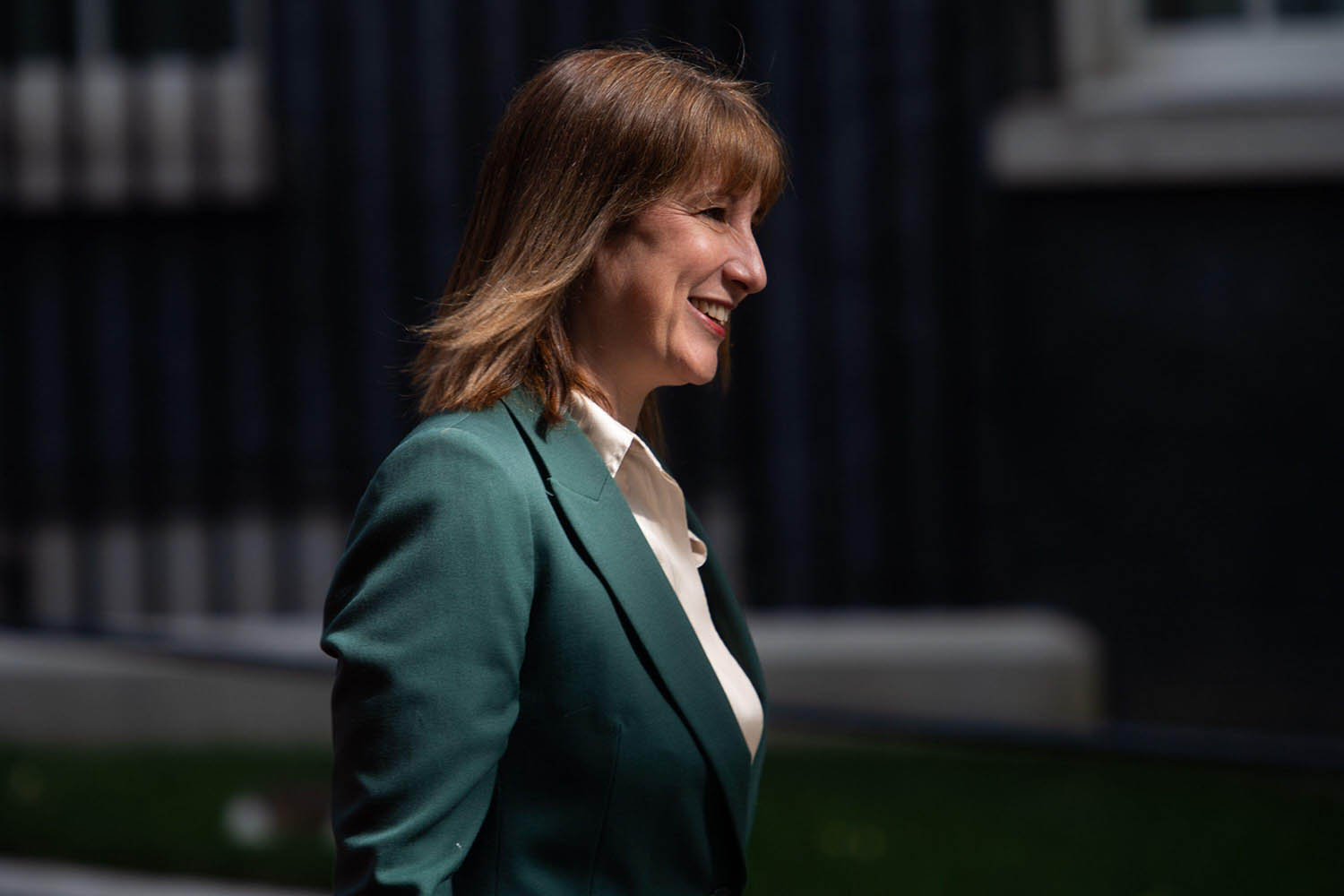The cost of long-term UK borrowing rose to its highest level in almost 27 years this week, putting pressure on the chancellor to find ways to raise extra income as she prepares for her autumn budget.
The yield on 30-year government debt briefly rose to 5.64% in early trading on Wednesday. That put it just below a level last reached in 1998. However, 10-year gilt yields, arguably a more reliable marker of long-term borrowing costs, stood at 4.74% on Wednesday, below the 16-year high of 4.93% reached in January.
Bond yields rise as bond prices fall – and yields on bonds determine how much the government will have to pay when it next issues bonds. So the long-term cost of borrowing for the UK government is now higher.
Yields began to rise after Donald Trump’s attempt on Monday to oust Lisa Cook, a sitting US Federal Reserve governor. That raised questions over the future of the Fed’s independence, and spooked investors.
Longer-dated UK debt tends to be vulnerable to global factors such as Trump’s interference at the Fed. The rise in UK gilt yields was a knock-on effect “in line with US Treasury yields”, which also climbed this week, said Alex Kerr of Capital Economics. Yields on long-dated government bonds from other major economies, including France, Germany and Japan, also climbed.
But even before last Monday, higher-than-expected UK inflation was putting upward pressure on gilt yields. Consumer price inflation rose to 3.8% in July, almost double the Bank of England’s 2% target.
The chancellor, Rachel Reeves, is facing calls to address a budget deficit which, according to figures from the Office for National Statistics, climbed to £42.8bn in the year to July.
Kerr said if the rise in long-dated gilt yields is sustained, Reeves’s fiscal headroom – the scope she has to spend or cut taxes without breaking her borrowing rules – could drop from £9.9bn at her spring statement in March to £5.3bn.
“The big issue is that the public finances are on a pretty poor trajectory because you’ve got low economic growth and high interest rates,” he added.
Photograph by Justin Ng/Alamy
Newsletters
Choose the newsletters you want to receive
View more
For information about how The Observer protects your data, read our Privacy Policy



